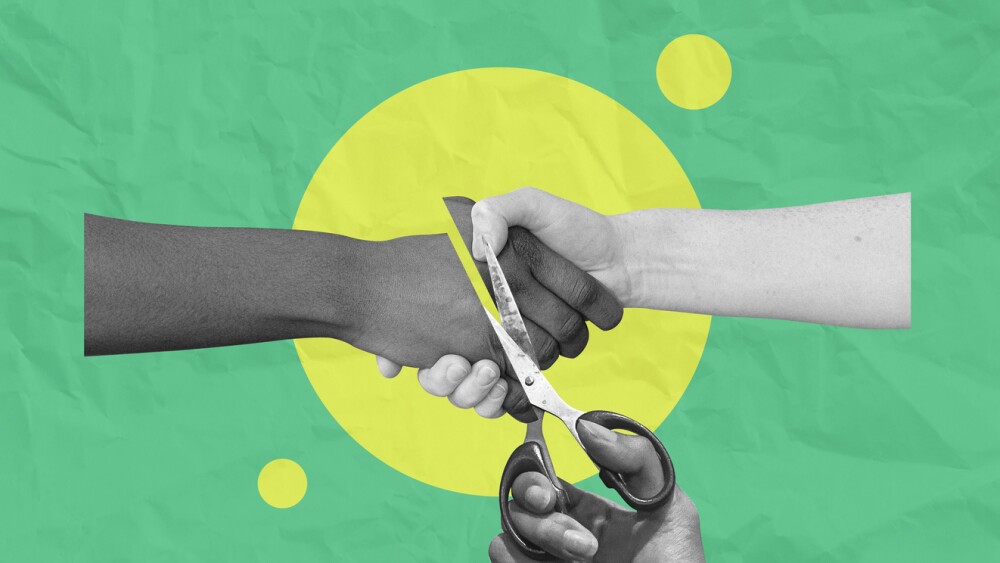The settlement agreement will extend market exclusivity for AbbVie’s JAK inhibitor in the U.S. until 2037—providing pediatric exclusivity is granted.
AbbVie has reached a settlement with generic drugmakers, extending the period of exclusivity for its JAK inhibitor Rinvoq to 2037. The deal extends Rinvoq’s exclusivity another four years.
In an SEC filing on Thursday, the pharma revealed that it has settled lawsuits with “all” generic manufacturers seeking to bring their copycat versions of Rinvoq into the U.S. If Rinvoq is granted pediatric exclusivity, the regulatory document read, the settlement agreements will keep these generics out of the domestic market until April 2037.
AbbVie also indicated that the settlements “are subject to standard acceleration provisions,” referring to the typical clauses that allow generics developers to launch their product ahead of the agreed-upon date if other copycat drugs enter the market.
Analysts declared the settlement a positive for AbbVie. Writing to investors on Thursday, Willaim Blair called the agreement a “big win” and “clearly a positive development” for Rinvoq. The firm had previously modeled a “steep drop” in Rinvoq sales after 2033, when core protections were set to expire, but has now adjusted its expectations following the settlement.
In its own Thursday note, BMO Capital Markets agreed with this analysis, adding that Rinvoq’s extended exclusivity will have far-reaching implications for AbbVie’s business. “Rinvoq and AbbVie’s greater immunology franchise have been essential in offsetting losses following the Humira 2023 LOE [loss of exclusivity],” the analysts wrote.
In the second quarter, Rinvoq earned $2 billion, representing a 41.8% year-on-year increase. Together with the anti-inflammatory antibody Skyrizi—which closed Q2 with a $4.4 billion haul—Rinvoq leads AbbVie’s efforts to shore up its revenues as sales of its mega-blockbuster drug Humira decline. The world’s best-selling drug for six years straight, Humira’s sales have cratered amid the influx of biosimilar and other branded competitors. From a peak of $21 billion in 2022, Humira made just $9 billion last year.
Rinvoq has much growth yet ahead as AbbVie continues to test the drug in other indications. In July, for instance, the pharma reported that Rinvoq led to significant improvements in scalp hair loss when used in patients with alopecia areata. Guggenheim analysts at the time called Rinvoq the “dominant JAK inhibitor on the market,” pointing to its “clear advantage over competitors in terms of physician familiarity and patient access.”
First approved in 2019, Rinvoq is indicated for several immune-mediated disorders such as atopic dermatitis, rheumatoid arthritis, psoriatic arthritis and inflammatory bowel diseases.






